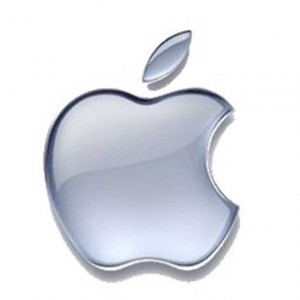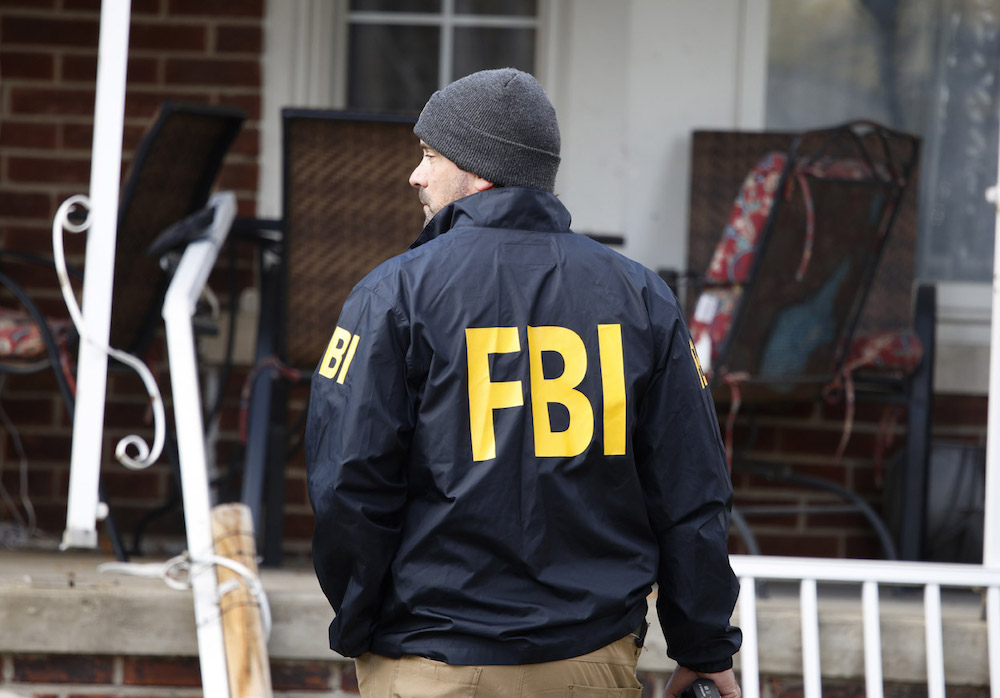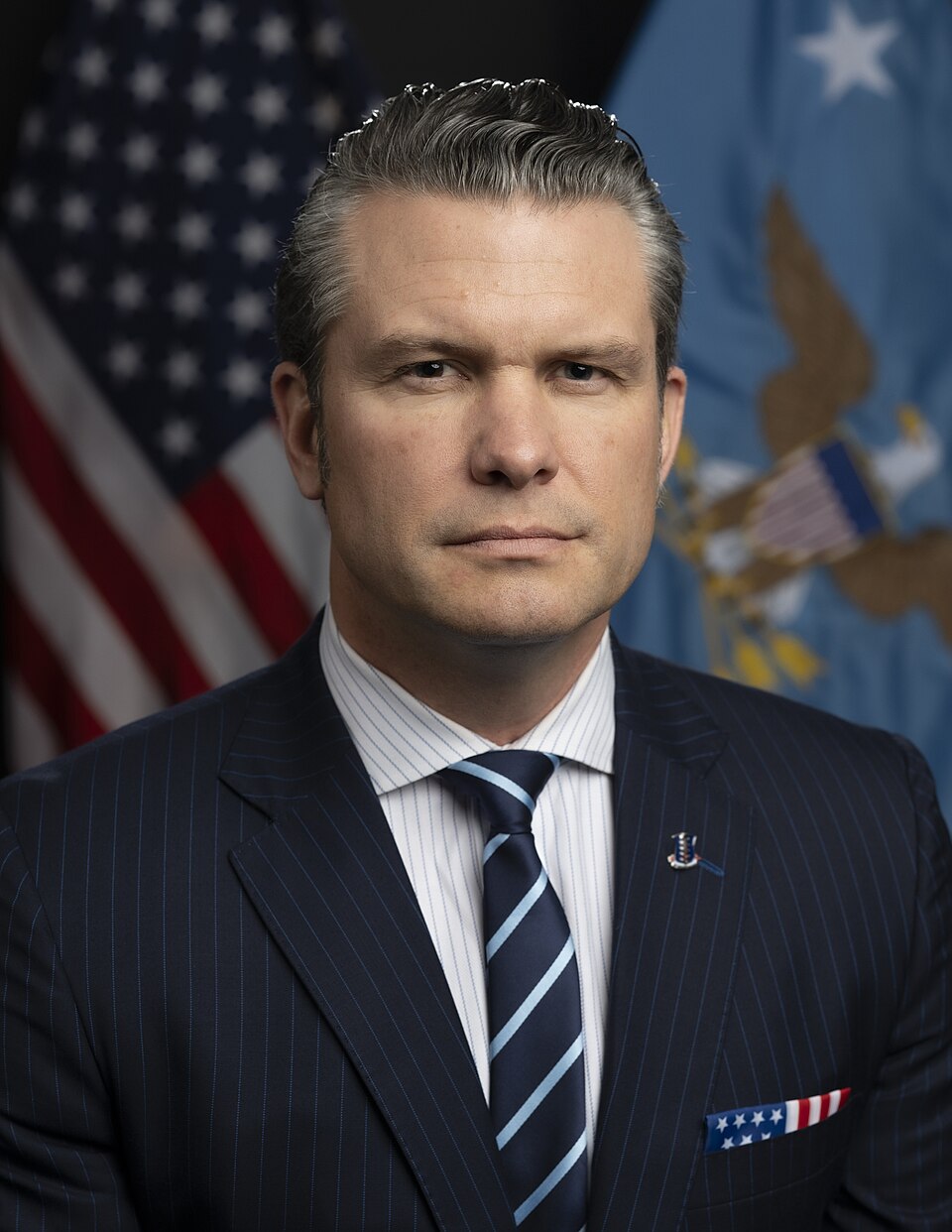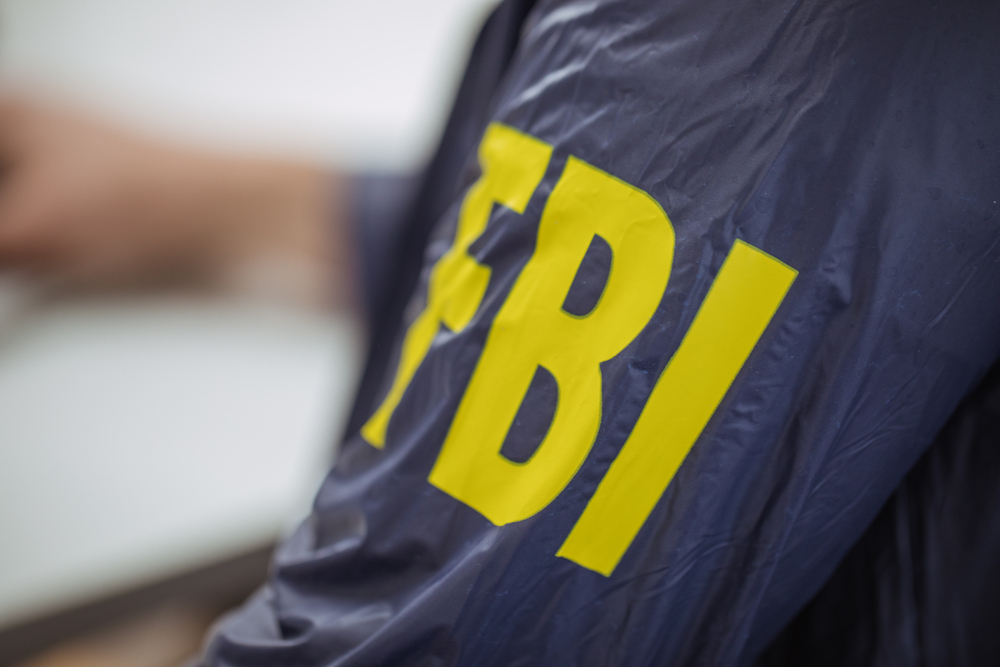 By Editorial Board
By Editorial Board
Economic Times
Does individual privacy trump national security or vice versa is the question that lies at heart of the tussle between tech major Apple, and the US law enforcement agency, the Federal Bureau of Investigation (FBI). It puts the spotlight on the challenges of privacy in a digital era in a dangerous world. The FBI would like Apple to help break the encryption that protects the iPhone 5s used by Syed Farook, one of the San Bernardino terrorists.
Apple has, in the decade since the iPhone became available, helped US law enforcement agencies gain access to locked phones. Apple argues that complying will require it to create a software code that will override the passcode protection that is controlled solely by the user of the phone, a privacy safeguard adopted to address the loss of public faith, and the loss of revenue, following Edward Snowden’s revelations of how the US National Security Agency used backdoors for spying.
Apple has drawn a line in the sand, protesting what it terms as a dangerous precedent for government intrusion on the privacy and safety of citizens. Privacy and security are now at odds. This dichotomy must be resolved given that technology has become pervasive, and will continue to permeate all facets of our lives. Technology is agnostic, and has been used with dangerous effect by terrorists. It is ironical that the same privacy safeguards available to law-abiding citizens become a protective shield for terrorists, preventing law enforcement agencies to mine information that could be crucial to ensuring the security of all citizens.
To read more click here.





